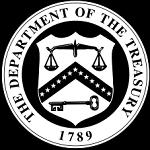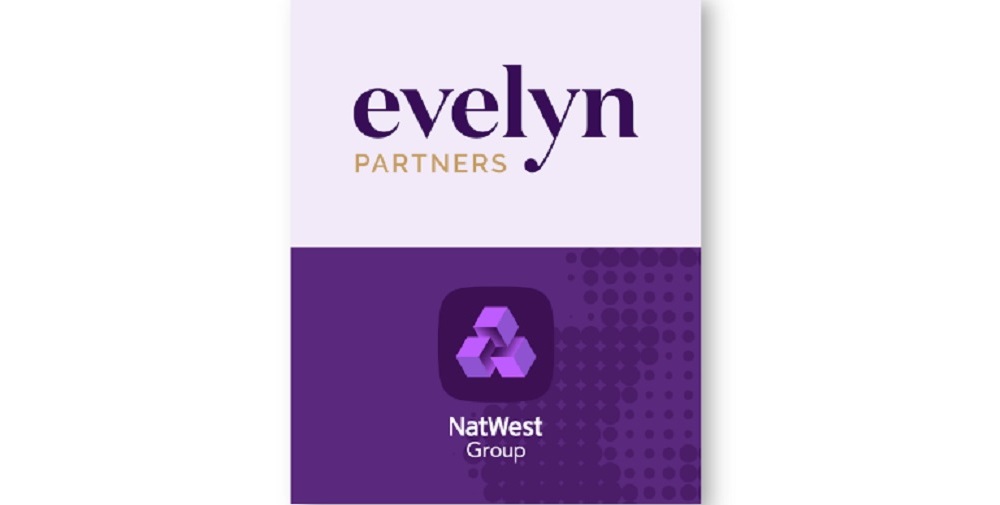The U.S. Department of Treasury announced this week plans to switch to electronic payments
 June 15, 2010 – The U.S. Department of Treasury announced this week plans to switch to electronic payments, eliminating about 136 million paper checks, saving almost $50 million in postage costs and saving U.S. taxpayers about $300 million over the first five years and more beyond. Some states have realized savings that have reduced the cost of distributing benefits dramatically. Nebraska, for example, used to pay 59 cents to print and mail each check, but pays only about a penny to reload a prepaid card.
June 15, 2010 – The U.S. Department of Treasury announced this week plans to switch to electronic payments, eliminating about 136 million paper checks, saving almost $50 million in postage costs and saving U.S. taxpayers about $300 million over the first five years and more beyond. Some states have realized savings that have reduced the cost of distributing benefits dramatically. Nebraska, for example, used to pay 59 cents to print and mail each check, but pays only about a penny to reload a prepaid card.
Digital currency has the potential to dramatically transform government payments in the next five years, saving U.S. taxpayers hundreds of millions of dollars in the process, according to representatives from the government and private sector.
The positive impact of digital currency on all aspects of government payments and purchasing was highlighted at a briefing in Washington, D.C. today hosted by THE HILL, the widely-read congressional newspaper, and sponsored by Visa. Speakers at the event, including Douglas Michelman, global head of Corporate Relations at Visa Inc., pointed to plans by state, local and federal government agencies to launch or expand electronic payment programs to improve efficiency, accountability and transparency.
„We all know that governments at every level are struggling with their budgets in these tough economic times, and achieving savings, improved accountability and transparency are even more urgent,” said Michelman. „Switching from inefficient paper processes to digital currency can have a sizable long-term impact in terms of real dollars and cents.”
Among the expected future savings cited at the event:
- The U.S. Department of Treasury announced this week plans to switch to electronic payments, eliminating about 136 million paper checks, saving almost $50 million in postage costs and saving U.S. taxpayers about $300 million over the first five years and more beyond.
- The U.S. Social Security Administration and U.S. Department of Veterans Affairs recently announced the completion of the switch to digital currency for benefits payments. The U.S. Treasury reported that while it costs about a dollar to print and mail a check, each digital currency payment cost the government 10 cents.
„It is encouraging that government agencies of all sizes are embracing digital currency as a way to deliver immediate and lasting benefits to U.S. taxpayers,” continued Michelman. „The benefits of electronic payments don’t just hit the bottom line: cardholders, particularly the financially underserved, benefit from lower check cashing fees and an empowering financial tool that can be used at millions of merchant locations and ATMs.”
- Currently, 39 U.S. states deliver benefits on Visa prepaid cards to recipients of 71 programs for child support, unemployment insurance and Temporary Assistance for Needy Families (TANF) disbursements. Some states have realized savings that have reduced the cost of distributing benefits dramatically. Nebraska, for example, used to pay 59 cents to print and mail each check, but pays only about a penny to reload a prepaid card.
- In addition, the U.S. General Services Administration’s SmartPay program provides purchase, travel, fleet and integrated payment card programs to more than 350 federal agencies and departments, saving these agencies $1.7 billion – up to $70 per purchase, according to the GAO.
The government savings derived from shifting from paper to electronic payments echo the findings of a recent study authored by Moody’s Economy.com Chief Economist Mark Zandi. It concluded that the migration from paper to electronic payments – specifically debit and credit card usage – contributed $1.1 trillion to the global economy from 2003 through 2008. That represents on average a 0.5 percent increase in global GDP.
„Cards grease the economic engine, making transactions run more smoothly and creating efficiencies in commerce,” according to the report. „The results demonstrate that the migration from paper to electronic payments is a positive phenomenon, and the study supports the adoption of policies that encourage and accelerate this shift.”
Source: Visa Inc.
Dariusz Mazurkiewicz – CEO at BLIK Polish Payment Standard
Banking 4.0 – „how was the experience for you”
„To be honest I think that Sinaia, your conference, is much better then Davos.”
Many more interesting quotes in the video below:










